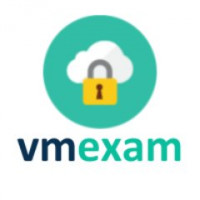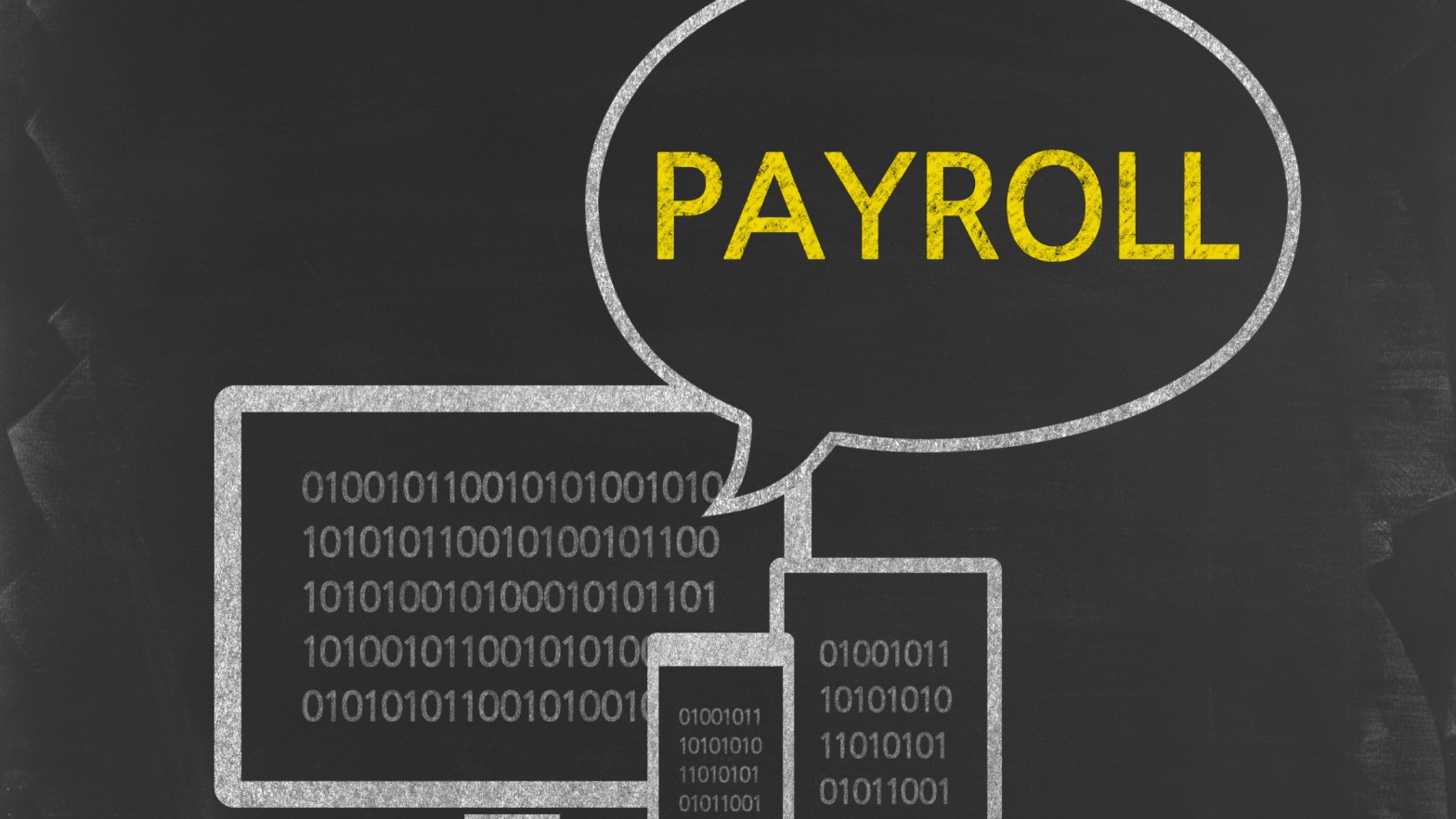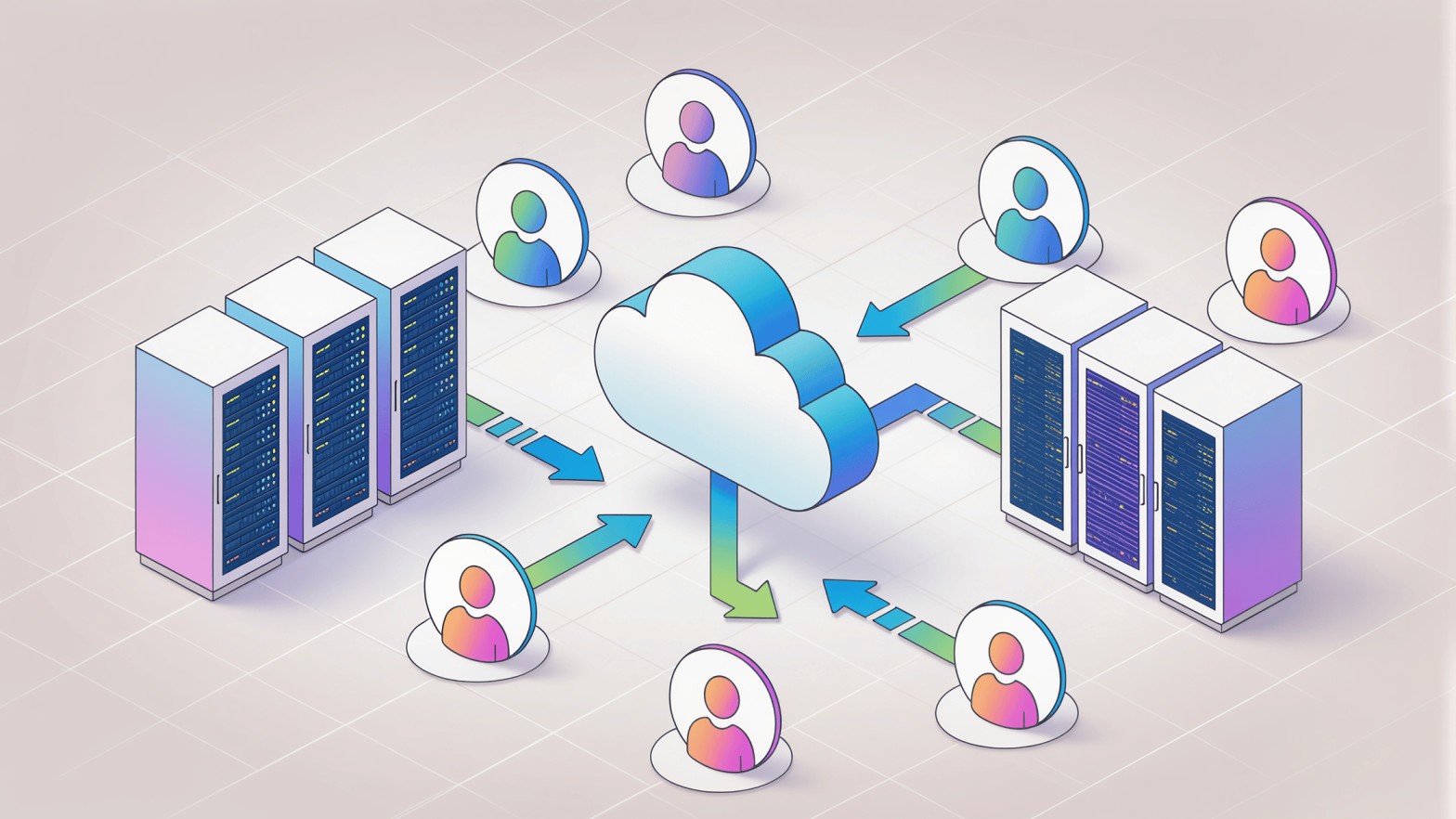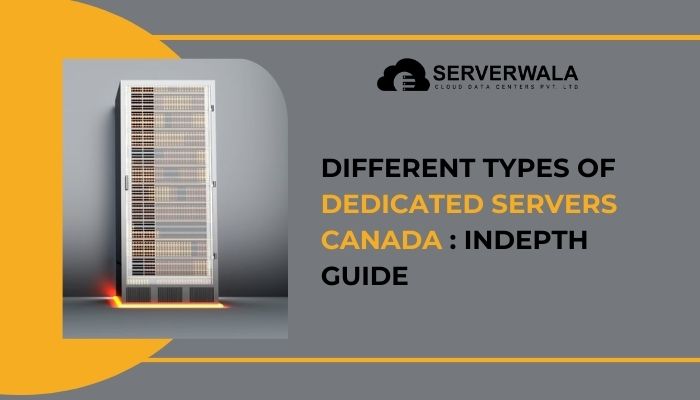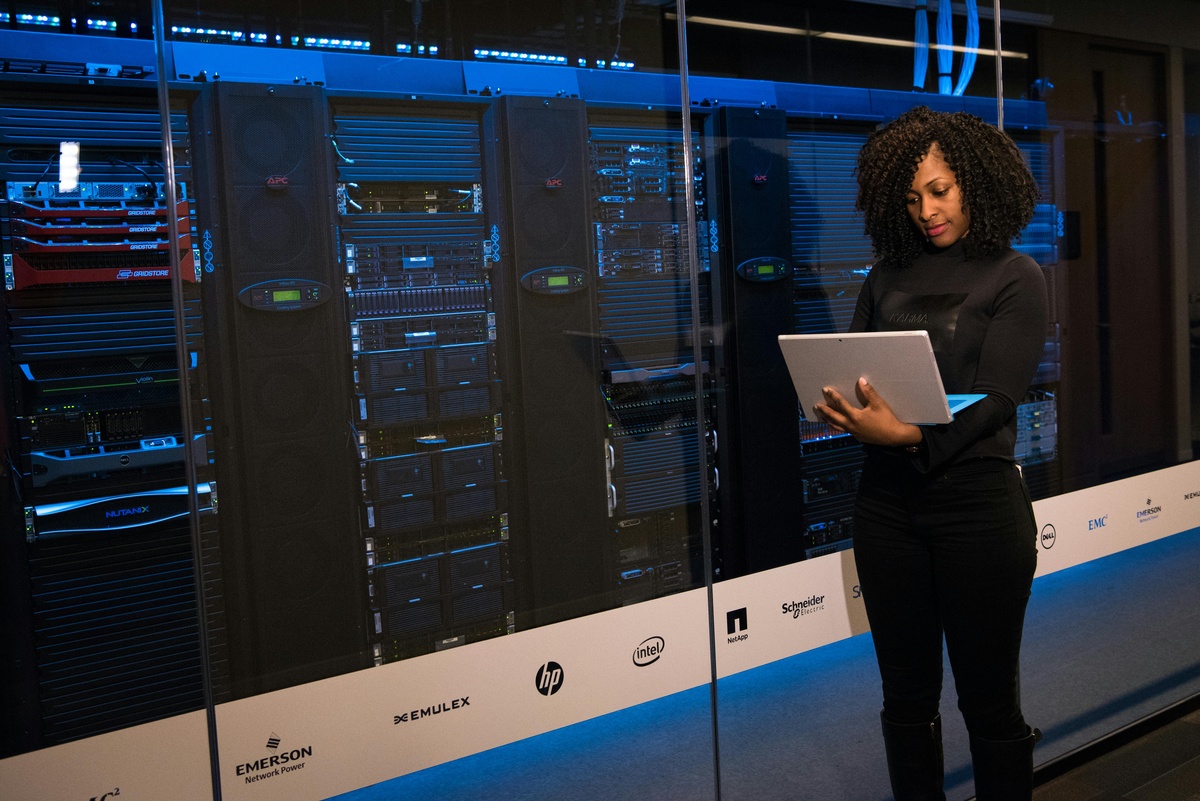Exploring the Role of a Google Professional Cloud Security Engineer
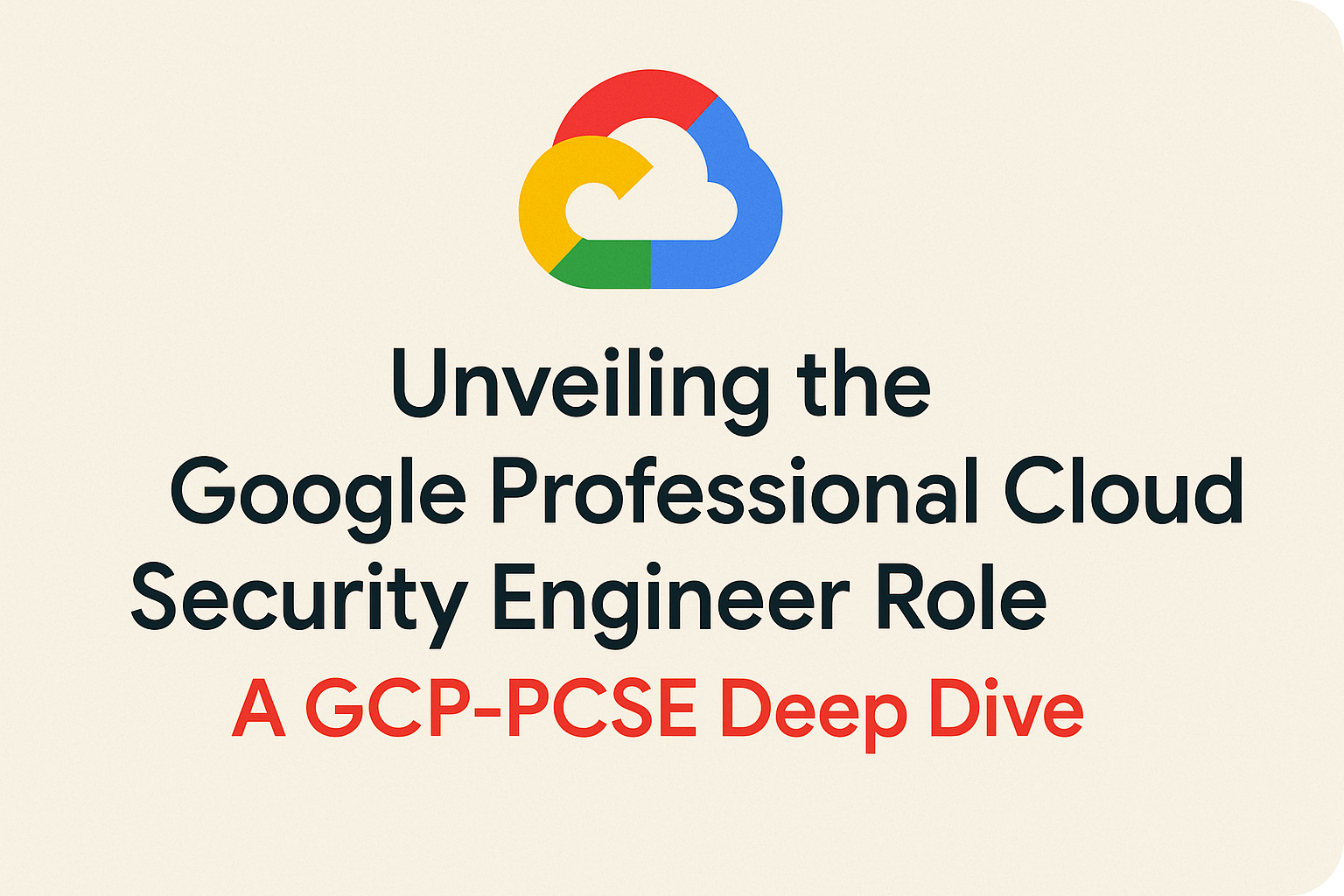
Strong 8k brings an ultra-HD IPTV experience to your living room and your pocket.
Securing cloud environments has become a paramount concern for organizations worldwide. As businesses increasingly migrate their operations to the cloud, the demand for skilled security professionals capable of safeguarding these complex infrastructures has skyrocketed. Among the most sought-after credentials in this domain is the Google Professional Cloud Security Engineer certification, often referred to by its exam code, Google GCP-PCSE. This comprehensive guide delves into the pivotal role of a Google Professional Cloud Security Engineer, offering in-depth insights into the certification, its benefits, and how to effectively prepare for the challenging Google GCP-PCSE exam.
What is a Google Professional Cloud Security Engineer, and Why is the GCP-PCSE Certification Crucial?
A Google Professional Cloud Security Engineer is an expert responsible for designing, developing, and managing secure solutions on Google Cloud Platform (GCP). These professionals leverage their understanding of security best practices and industry requirements to implement robust security measures across various GCP services. The Google Cloud Platform - Professional Cloud Security Engineer (GCP-PCSE) certification validates an individual's proficiency in these critical areas, signifying their ability to secure cloud workloads and infrastructure effectively.
Ready to master cloud security and boost your career? Get your Google GCP-PCSE Certification.
Key Responsibilities of a Google Professional Cloud Security Engineer:
• Identity and Access Management (IAM): Defining and implementing granular access controls to ensure only authorized users and services can interact with cloud resources.
• Resource Hierarchy and Policies: Structuring GCP resources logically and applying security policies consistently across the organization.
• Data Protection: Utilizing Google Cloud technologies to protect data at rest, in transit, and in use, including encryption and data loss prevention (DLP) strategies.
• Network Security: Configuring network defenses such as firewalls, Virtual Private Clouds (VPCs), and load balancers to establish secure perimeters.
• Threat Monitoring and Detection: Implementing logging, monitoring, and alerting solutions to identify and respond to security threats in real-time.
• Security Automation: Automating security tasks and processes to enhance efficiency and reduce human error.
• AI Workload Security: Addressing the unique security challenges presented by AI and machine learning workloads.
• Software Supply Chain Security: Securing the entire software development lifecycle, from code to deployment.
• Regulatory Compliance: Ensuring Google Cloud deployments adhere to relevant industry standards and regulatory requirements.
The Google GCP-PCSE certification is crucial because it demonstrates a deep understanding of Google Cloud's security offerings and how to apply them in real-world scenarios. It not only enhances career prospects but also assures employers of a candidate's proven ability to protect their valuable cloud assets.
Demystifying the Google GCP-PCSE Exam: What to Expect?
The Google GCP-PCSE exam(https://www.vmexam.com/google/google-gcp-pcse-professional-cloud-security-engineer-certification-exam-syllabus) is a rigorous assessment designed to test a candidate's practical knowledge and experience in securing Google Cloud environments. Understanding the exam format and content is the first step toward successful preparation.
• The Google GCP-PCSE exam is 2 hours long, providing ample time for candidates to review and answer questions thoroughly.
• The registration fee for the Google GCP-PCSE exam is $200, plus applicable taxes.
• The Google GCP-PCSE exam is currently available in English and Japanese.
• The Google GCP-PCSE exam consists of 50-60 multiple-choice and multiple-select questions. This format requires candidates to not only recall information but also apply their knowledge to various scenarios.
What are the delivery methods for the Google GCP-PCSE exam?
Candidates have two convenient options for taking the Google GCP-PCSE exam:
• Online-proctored: Take the exam remotely from any location, provided you meet the online testing requirements.
• Onsite-proctored: Take the exam at a designated testing center. You can easily locate a test center near you.
Are there any prerequisites for the Google GCP-PCSE certification?
There are no formal prerequisites for taking the Google GCP-PCSE exam. However, Google recommends candidates have at least 3 years of industry experience, including more than 1 year of designing and managing solutions using Google Cloud. This recommended experience helps ensure candidates have a practical foundation for the exam's challenging content.
How often do I need to recertify for the Google GCP-PCSE?
Google Cloud certifications, including the Google GCP-PCSE, are valid for two years from the date of certification. To maintain your certified status, you must recertify by retaking and passing the exam within the 60-day window prior to your certification expiration date.
A Deep Dive into the Google GCP-PCSE Exam Syllabus: Your Preparation Roadmap
The Google GCP-PCSE syllabus is structured into five key domains, each contributing a specific percentage to the overall exam. A thorough understanding of each section is vital for comprehensive preparation.
Configuring Access (25% of the exam)
This section focuses on managing identities and access within Google Cloud, a cornerstone of cloud security.
• Managing Cloud Identity: This involves setting up Cloud Identity, synchronizing existing directories, and managing user lifecycle. You'll learn about user accounts, group management, and best practices for identity federation.
• Managing Service Accounts: Service accounts are special Google accounts used by applications and virtual machines. Understanding their roles, permissions, and proper key management is critical to prevent unauthorized access.
• Managing Authentication: This covers user authentication mechanisms like Multi-Factor Authentication (MFA), OAuth 2.0, and API keys, ensuring secure access to resources.
• Managing and Implementing Authorization Controls: This involves leveraging Identity and Access Management (IAM) roles, custom roles, and IAM policies to enforce the principle of least privilege.
• Defining the Resource Hierarchy: This section covers organizing resources using organizations, folders, and projects to enable consistent policy application and segregation of duties.
Securing Communications and Establishing Boundary Protection (22% of the exam)
This domain focuses on network security within Google Cloud, ensuring secure communication pathways and protecting network perimeters.
• Designing and Configuring Perimeter Security: This includes implementing Virtual Private Cloud (VPC) firewall rules, Cloud Armor for DDoS protection and WAF capabilities, and network segmentation.
• Configuring Boundary Segmentation: This involves dividing networks into smaller, isolated segments to limit the blast radius of security incidents and control traffic flow between different application tiers.
• Establishing Private Connectivity: This covers solutions like Cloud VPN, Cloud Interconnect, and VPC Service Controls to create secure, private connections and protect sensitive data.
Ensuring Data Protection (23% of the exam)
Data protection is a critical aspect of cloud security. This section covers various strategies to safeguard data throughout its lifecycle.
• Protecting Sensitive Data and Preventing Data Loss: This includes using services like Cloud Data Loss Prevention (DLP) API to identify and redact sensitive information, along with data encryption strategies.
• Managing Encryption at Rest, In Transit, and In Use: This covers understanding Google's default encryption, Customer-Managed Encryption Keys (CMEK), Customer-Supplied Encryption Keys (CSEK), and encryption for data in transit and in use.
• Securing AI Workloads: This section addresses securing machine learning models, data pipelines, and preventing adversarial attacks.
Managing Operations (19% of the exam)
This domain focuses on operational security, including automation, monitoring, and incident response.
• Automating Infrastructure and Application Security: This involves using tools like Security Command Center, Cloud Functions, and Infrastructure as Code (IaC) to automate security checks and responses.
• Configuring Logging, Monitoring, and Detection: This covers leveraging Cloud Logging, Cloud Monitoring, Security Command Center, and Cloud Audit Logs for continuous visibility into security events.
Supporting Compliance Requirements (11% of the exam)
This section highlights the importance of adhering to regulatory and industry standards in the cloud.
• Adhering to Regulatory and Industry Standards Requirements for the Cloud: This involves understanding Google Cloud's shared responsibility model and how services like Resource Manager, Organization Policies, and security blueprints aid in achieving compliance.
How to Prepare for the Google GCP-PCSE Exam: Your Path to Certification
Passing the Google GCP-PCSE exam requires a strategic and dedicated approach. Here's a structured guide to your preparation:
1. Master the Fundamentals of Google Cloud and Security:
Before diving into the specifics of the Google GCP-PCSE, ensure you have a solid understanding of core Google Cloud services and general cloud security principles. Familiarize yourself with basic networking concepts, identity management, and data protection.
2. Deep Dive into the Official GCP-PCSE Syllabus:
Utilize the official Google GCP-PCSE certification page (https://cloud.google.com/learn/certification/cloud-security-engineer/) as your primary resource. Go through each topic in the syllabus and ensure you understand the concepts thoroughly.
3. Leverage Google Cloud Documentation and Labs:
Google's extensive documentation is an invaluable resource. Read through the relevant sections for each service mentioned in the syllabus. Hands-on experience is critical; utilize Qwiklabs and Google Cloud's free tier to practice deploying and securing resources.
4. Enroll in Online Courses and Training Programs:
Consider reputable online courses from platforms like Coursera, Udemy, or Pluralsight that focus on the Google Professional Cloud Security Engineer certification. These courses often provide structured learning paths, video lectures, and practice exercises.
5. Practice with Sample Questions and Mock Exams:
This is where dedicated practice comes into play. Regularly testing your knowledge with sample questions and full-length mock exams is crucial. Websites like VMExam.com offer a wide range of Google GCP-PCSE sample questions (https://www.vmexam.com/google/google-gcp-pcse-certification-exam-sample-questions) and practice exams (https://www.vmexam.com/google/gcp-pcse-google-professional-cloud-security-engineer) that simulate the real exam environment. This helps you:
• Identify knowledge gaps: Pinpoint areas where you need further study.
• Improve time management: Learn to pace yourself effectively during the exam.
• Reduce exam anxiety: Become comfortable with the exam format and question types.
6. Stay Updated with Google Cloud Security Best Practices:
The cloud security landscape is constantly evolving. Follow Google Cloud's security blogs, attend webinars, and stay informed about new features and best practices to ensure your knowledge is current.
Addressing Your Pain Points: Overcoming Exam Stress and Preparation Challenges
Many aspiring Google Professional Cloud Security Engineer candidates face challenges like exam stress, difficulty in understanding complex technical concepts, and uncertainty about effective preparation strategies. Remember, you're not alone. The journey to certification can be demanding, but by leveraging the right resources and maintaining a consistent study schedule, you can overcome these hurdles.
The sheer volume of information can be overwhelming. Breaking down the syllabus into manageable chunks and focusing on one domain at a time can help. When encountering difficult topics, refer to multiple resources, watch explanatory videos, and try to apply the concepts in practical labs.
Exam stress is a common adversary. The best way to combat it is through thorough preparation and familiarity with the exam format. Practicing with Google GCP-PCSE practice exams on platforms like VMExam.com can significantly reduce pre-exam jitters. These simulations allow you to experience the pressure of timed conditions and help you build confidence in your ability to perform under stress. The detailed Google GCP-PCSE certification exam syllabus (https://www.vmexam.com/google/google-gcp-pcse-professional-cloud-security-engineer-certification-exam-syllabus) available on VMExam.com can also serve as a structured roadmap for your study, ensuring you cover all critical areas.
Conclusion: Elevate Your Career as a Google Professional Cloud Security Engineer
The role of a Google Professional Cloud Security Engineer is more critical than ever in today's cloud-first world. Earning the Google GCP-PCSE certification not only validates your expertise but also opens doors to exciting career opportunities in cloud security. By diligently preparing using official resources, online courses, and crucial practice exams from platforms like VMExam.com, you can confidently pursue and achieve this esteemed certification. Embark on your journey to becoming a certified Google Professional Cloud Security Engineer and contribute to building a more secure digital future.
Frequently Asked Questions (FAQ) about Google GCP-PCSE
What is the Google GCP-PCSE certification?
The Google GCP-PCSE (Google Cloud Platform - Professional Cloud Security Engineer) certification validates an individual's ability to design, implement, and manage secure infrastructure and workloads on Google Cloud.
What are the key responsibilities of a Google Professional Cloud Security Engineer?
A Google Professional Cloud Security Engineer is responsible for managing identity and access, securing communications, ensuring data protection, overseeing security operations, and supporting compliance requirements within the Google Cloud environment.
Is the Google GCP-PCSE exam difficult?
The Google GCP-PCSE exam is challenging and requires a strong understanding of Google Cloud security concepts and hands-on experience. However, with dedicated preparation, including studying the syllabus and practicing with sample questions, it is achievable.
How much does the Google GCP-PCSE certification cost?
The registration fee for the Google Professional Cloud Security Engineer exam is $200 USD (plus applicable taxes).
What is the best way to prepare for the Google GCP-PCSE exam?
Effective preparation for the Google GCP-PCSE exam involves gaining hands-on experience with Google Cloud, studying the official documentation, taking reputable training courses, and practicing with sample questions and practice exams (https://www.vmexam.com/google/gcp-pcse-google-professional-cloud-security-engineer).
How long is the Google GCP-PCSE certification valid?
The Google GCP-PCSE certification is valid for two years from the date of certification. To maintain certification status, candidates must recertify by retaking the exam.
Are there any specific tools or services I should know for the Google GCP-PCSE exam?
Yes, you should be familiar with Google Cloud security services such as IAM, VPC Service Controls, Cloud Armor, Security Command Center, Cloud Key Management Service (KMS), Data Loss Prevention (DLP), and various logging and monitoring tools.
Can I take the Google GCP-PCSE exam online?
Yes, the Google GCP-PCSE exam can be taken as an online-proctored exam from a remote location. You can also opt to take it at an onsite-proctored testing center.
What career opportunities are available after getting the Google GCP-PCSE certification?
Earning the Google GCP-PCSE certification can open doors to roles such as Cloud Security Engineer, Cloud Security Architect, Security Consultant, and other specialized cloud security positions across various industries.
Note: IndiBlogHub features both user-submitted and editorial content. We do not verify third-party contributions. Read our Disclaimer and Privacy Policyfor details.

